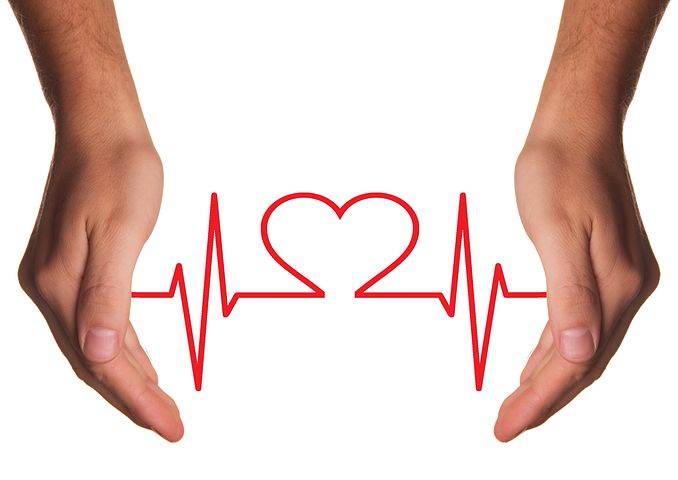Bardy Diagnostics unveiled its artificial intelligence solution that can detect atrial fibrillation events at the 39th annual meeting of the Heart Rhythm Society.
May 9, 2018

Bardy Diagnostics is developing an artificial intelligence-enabled (AI) screening technology to detect atrial fibrillation (Afib) events.
The company presented a poster with data validating the AI strategy at the 39th annual Heart Rhythm Society (HRS). Data from the poster showed the Seattle-based company’s detection technology's validated sensitivity was 95% and the specificity was 91% for an Afib event spanning 10 minutes or longer.
Rodney Boleyn is the lead author of the poster research presented at HRS. Boleyn is also a senior software engineer at Bardy.
“It’s always been a question of what part of the population has Afib,” Boleyn told MD+DI. “Our interest was to develop an automatic detection mechanism that would be highly viable for finding Afib in a population.”
Bardy Diagnostics has already developed the Carnation Ambulatory Monitor (CAM), a P-wave centric ambulatory cardiac patch monitor and arrhythmia detection device. The technology has been cleared by FDA and CE-marked.
The next strategy is to get the AI solution FDA-approved and incorporated into the CAM technology.
“What we’d love to do is to be able to incorporate this AI-solution into our P-Wave technology, to not only have superior hardware and software, but to be able to apply these automated approaches to then be able to more accurately and more definitively diagnose any type of arrhythmia’s beyond just Afib,” Jonathan Wu, director of Marketing for Bardy, told MD+DI.
Gust Bardy, the firm founder and CEO said in a release that, “automated arrhythmia detection is a key component of our ongoing research and development efforts at Bardy Diagnostics to advance and redefine the standard of care in cardiac monitoring. The CAM patch's distinctive P-wave centric design and low-amplitude signal detection presents the unique opportunity to leverage its high clarity ECG signal in developing a reliable detector that surpasses less accurate methods of algorithmic approaches using RR interval variability or AI methods weighted on R-wave analysis."
AI Rising
AI and machine learning solutions are popping up throughout healthcare – especially in the cardiovascular space. Companies in the space are learning toward AI as a way to better detect, monitor, and predict adverse cardiovascular incidents.
In February, Google’s Verily revealed it had developed an algorithm to interpret data from analyzing scans of the back of a patient’s eye. The algorithm can then predict a person’s risk of suffering a major cardiac event.
In April, University of Southern California researchers used data from a patient’s pulse paired with machine learning to measure key risk factors for cardiovascular diseases.
About the Author(s)
You May Also Like




